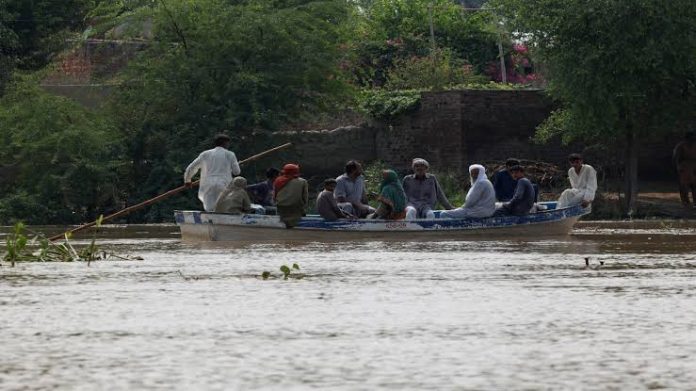Pakistan has launched a $102 million Climate Risk Fund-I (CRF-I) as part of the World Bank–supported RAM Project, aimed at protecting small farmers and microfinance institutions from the growing impacts of climate change, especially floods.
The fund will be managed by the State Bank of Pakistan and is designed to provide financial support during times of climate stress. It will operate through two key facilities.
The first is the Innovative Agriculture Liquidity Facility, which will help farmers adopt modern agricultural technologies and climate-resilient practices. The second is the Contingent Liquidity Facility, which will ensure that microfinance institutions (MFIs) have the liquidity they need to keep supporting vulnerable communities during disasters.
These initiatives focus on making agriculture in Pakistan more adaptable and sustainable in the face of extreme weather events. By providing financial backing at the right time, the fund will help farmers recover more quickly from losses caused by floods and other climate-related shocks.
It will also help MFIs remain stable, allowing them to continue extending credit to farmers and small businesses during difficult times.
The Climate Risk Fund represents a step forward in linking finance with climate resilience. It not only supports food security and rural livelihoods but also reduces the risks faced by institutions that work closely with vulnerable communities.
Through this initiative, Pakistan is taking important action to build a more secure and climate-ready agricultural sector, ensuring that farmers and financial institutions can withstand future challenges while continuing to grow and support the economy.


